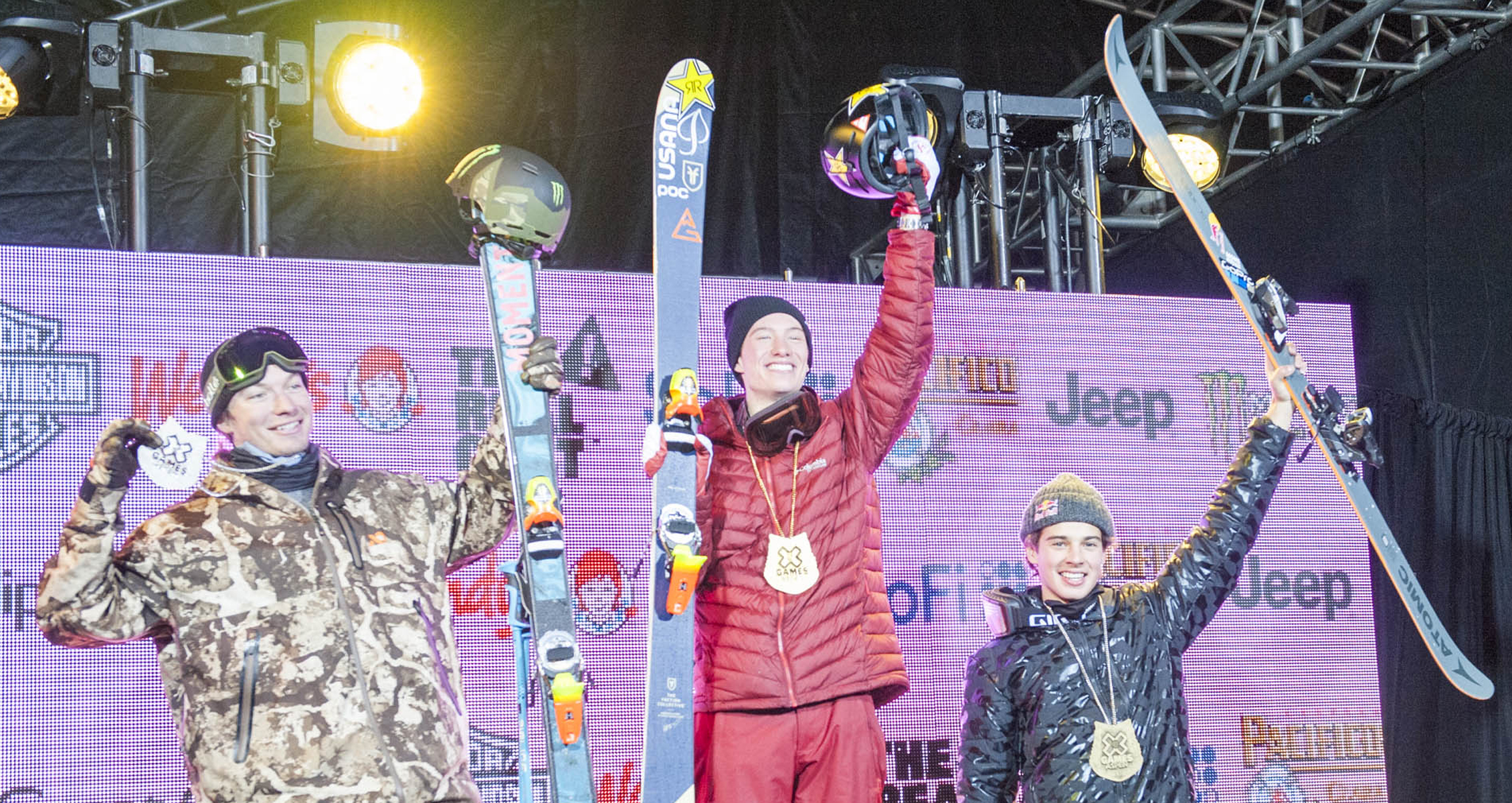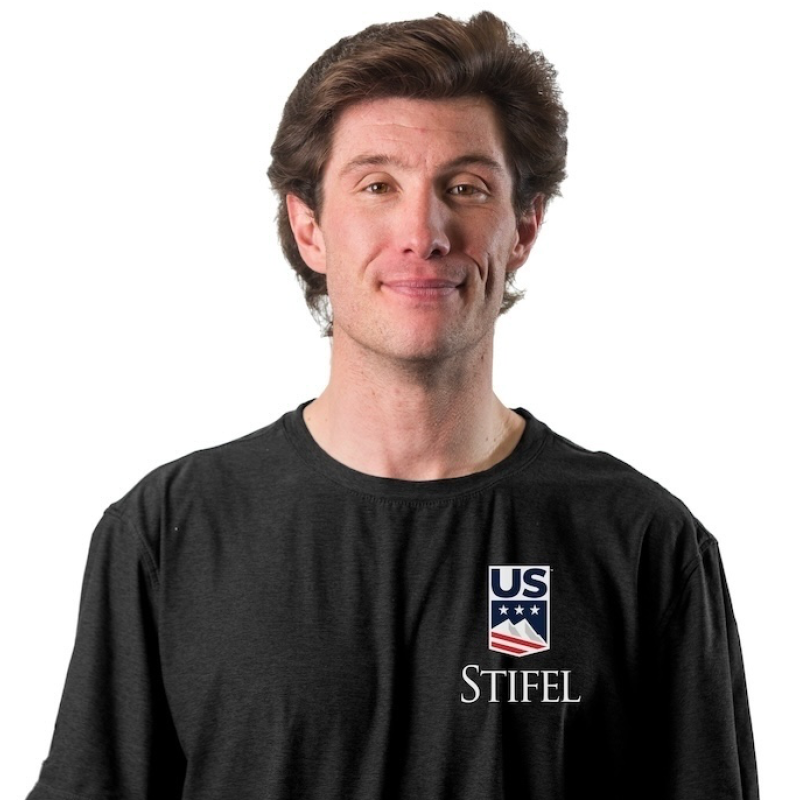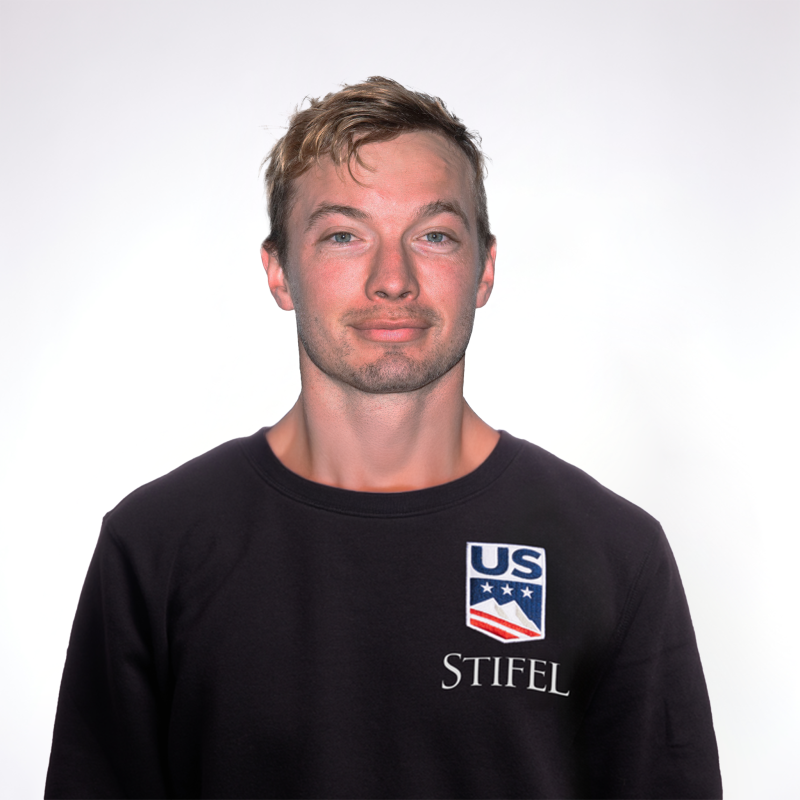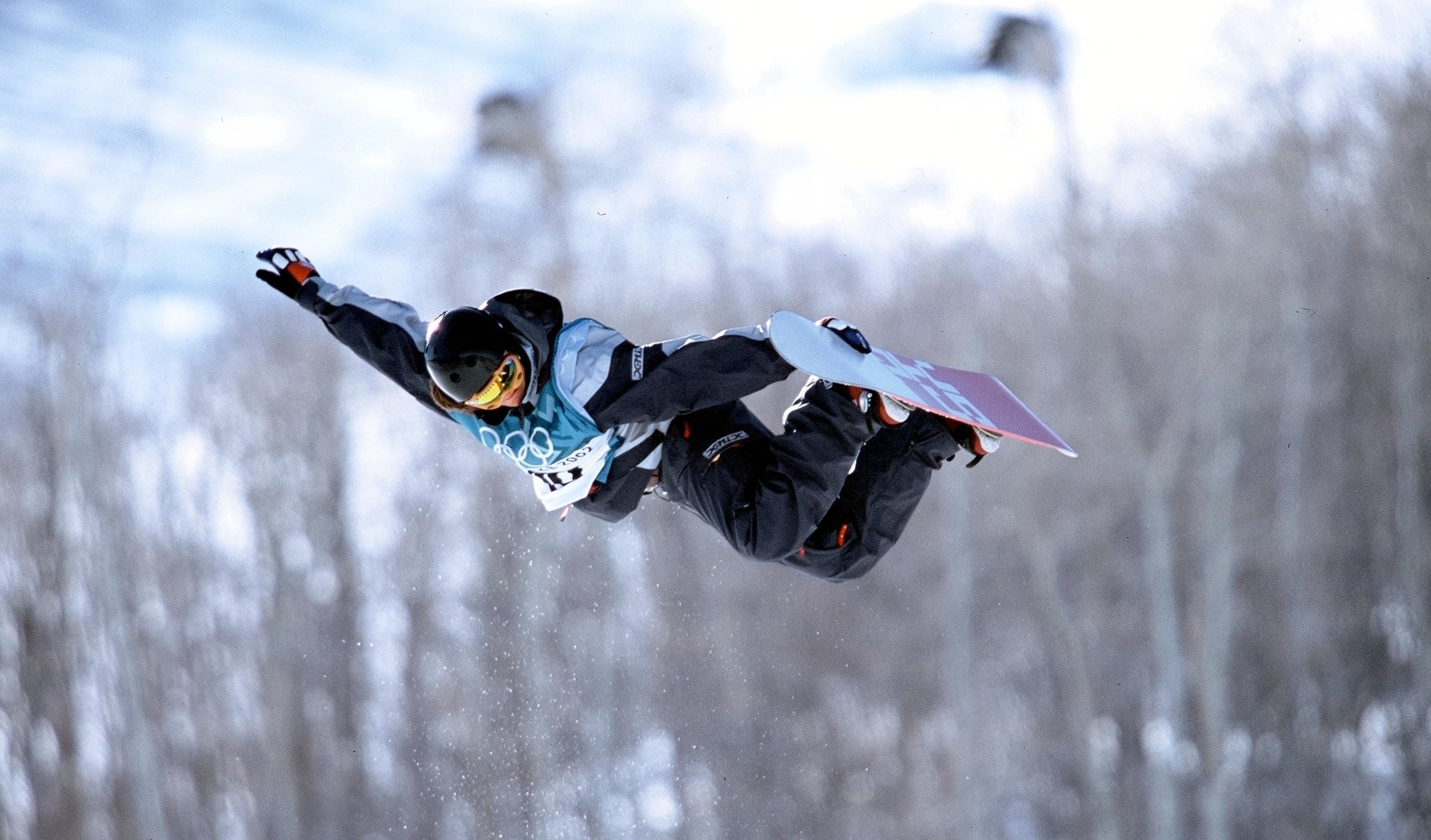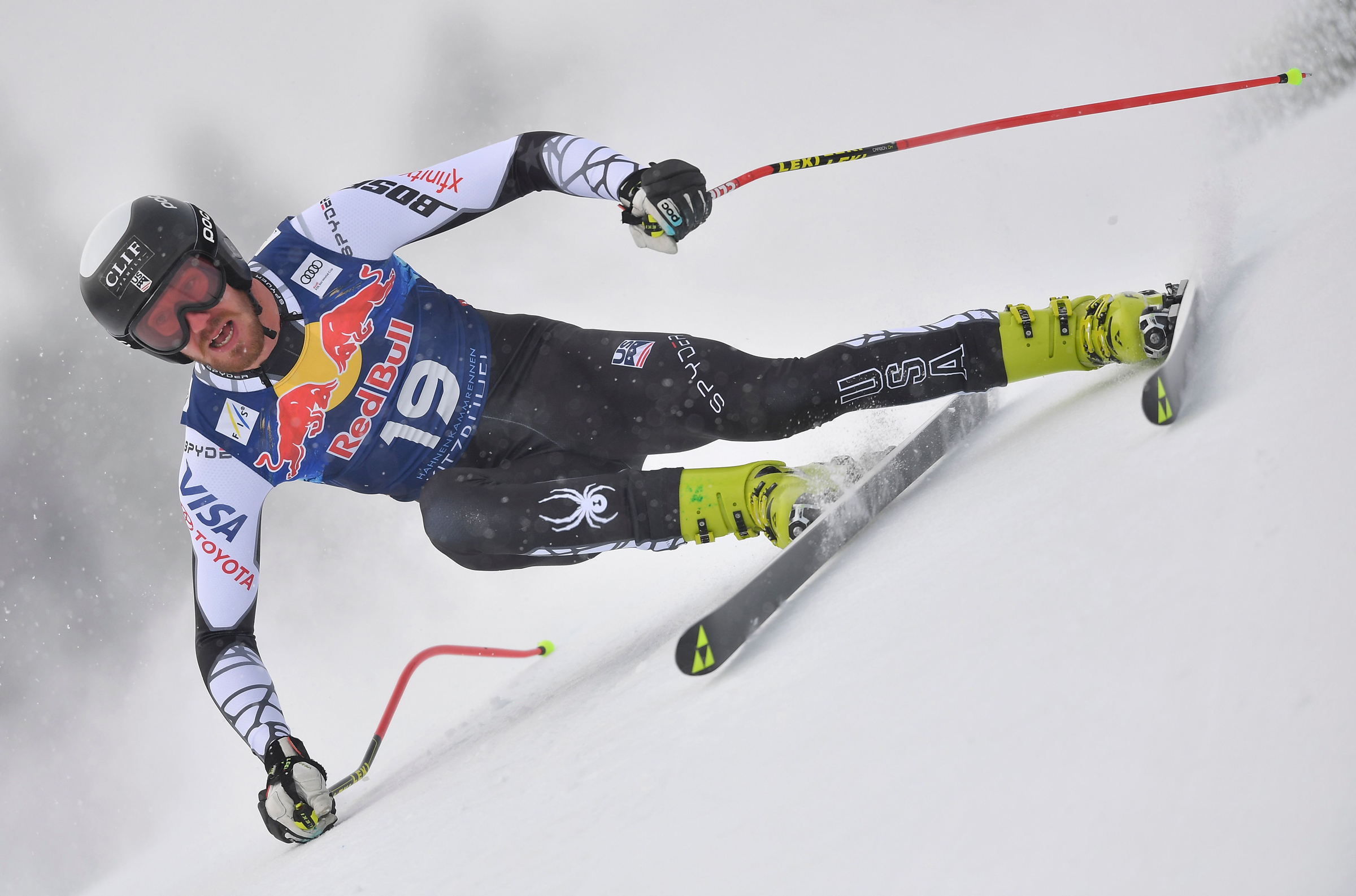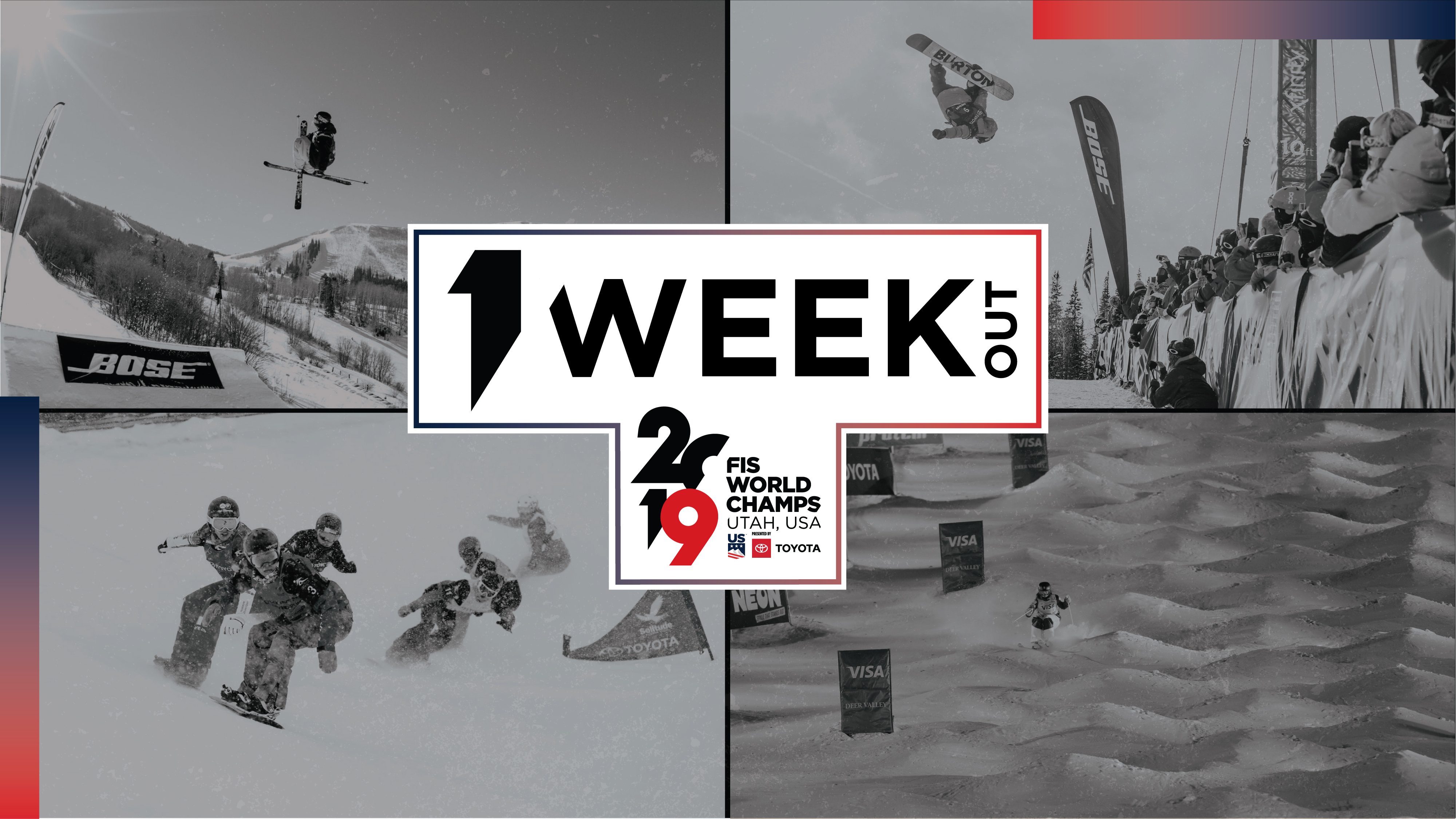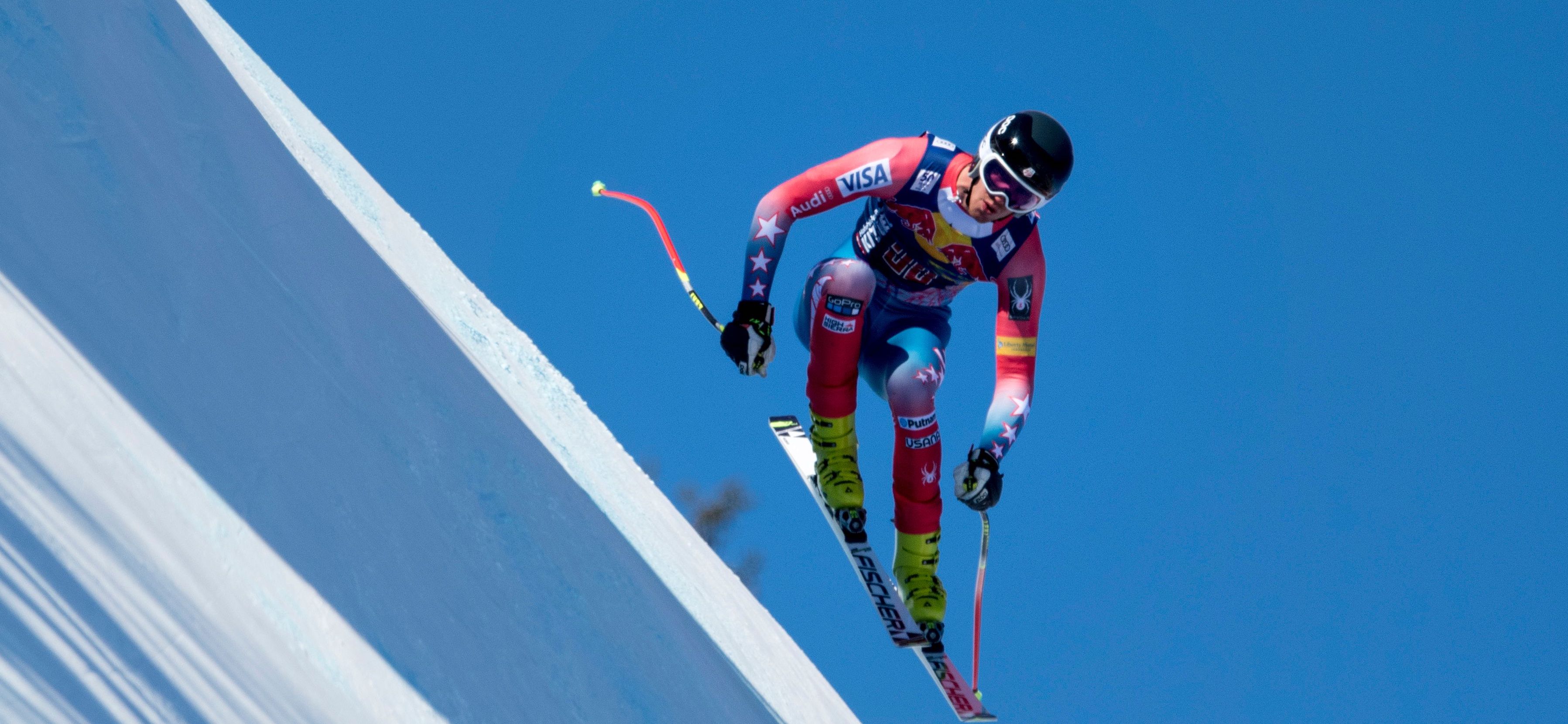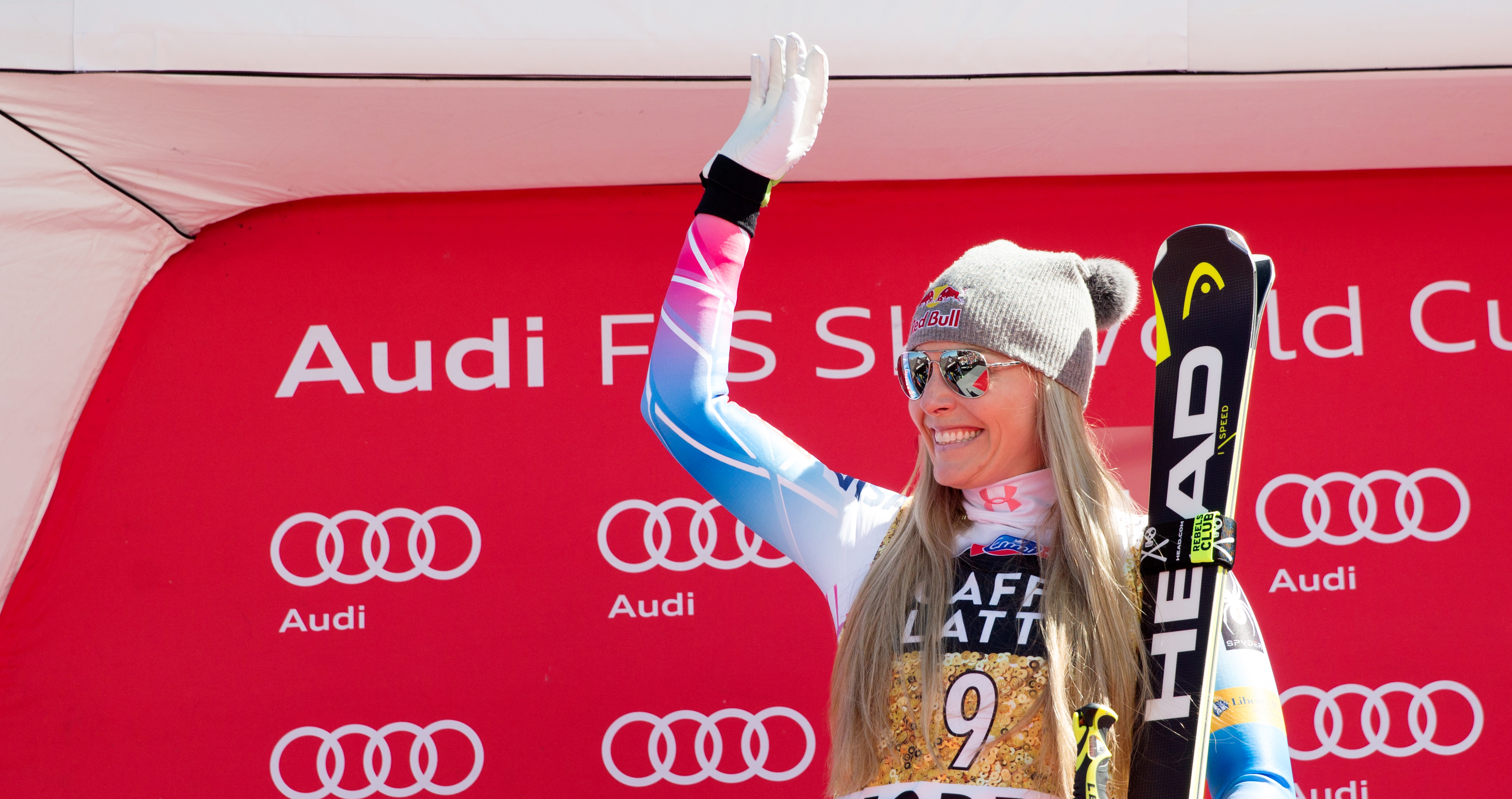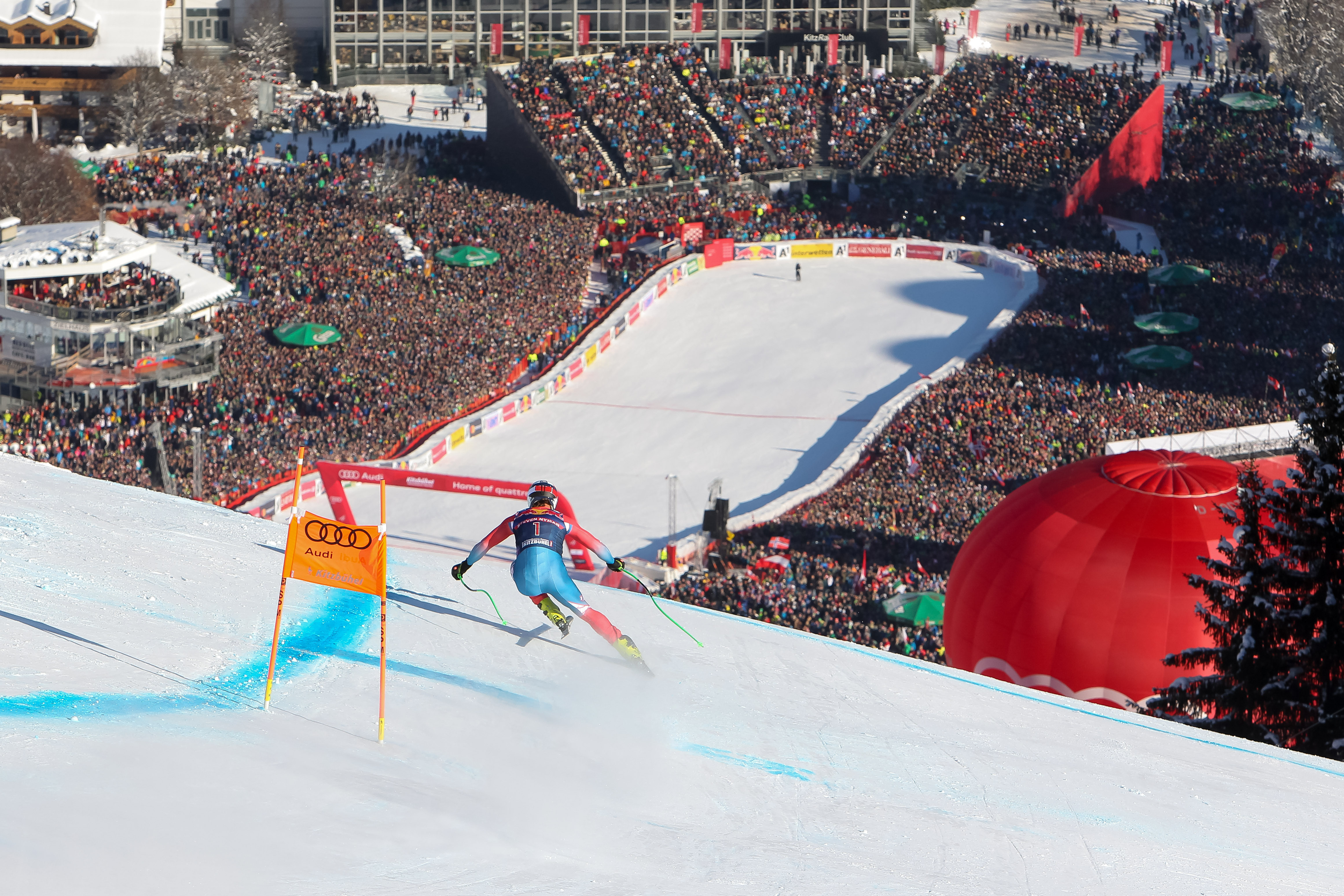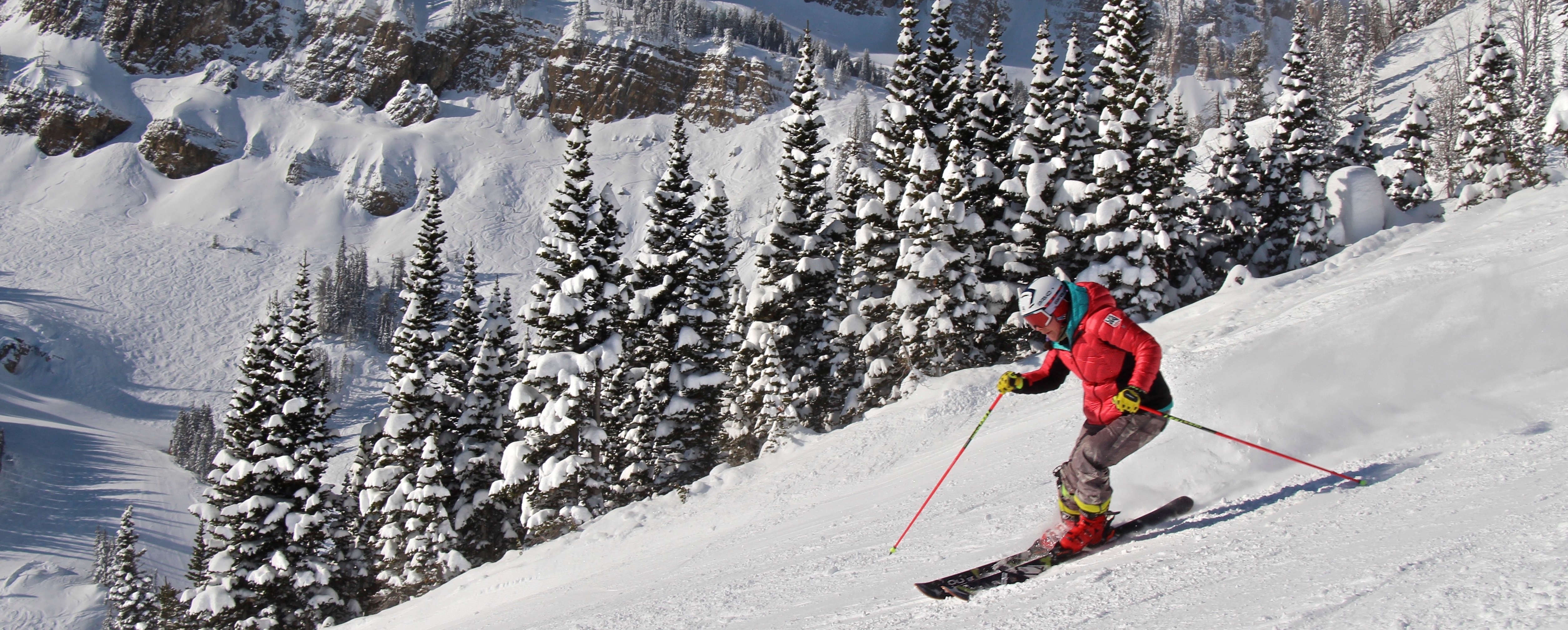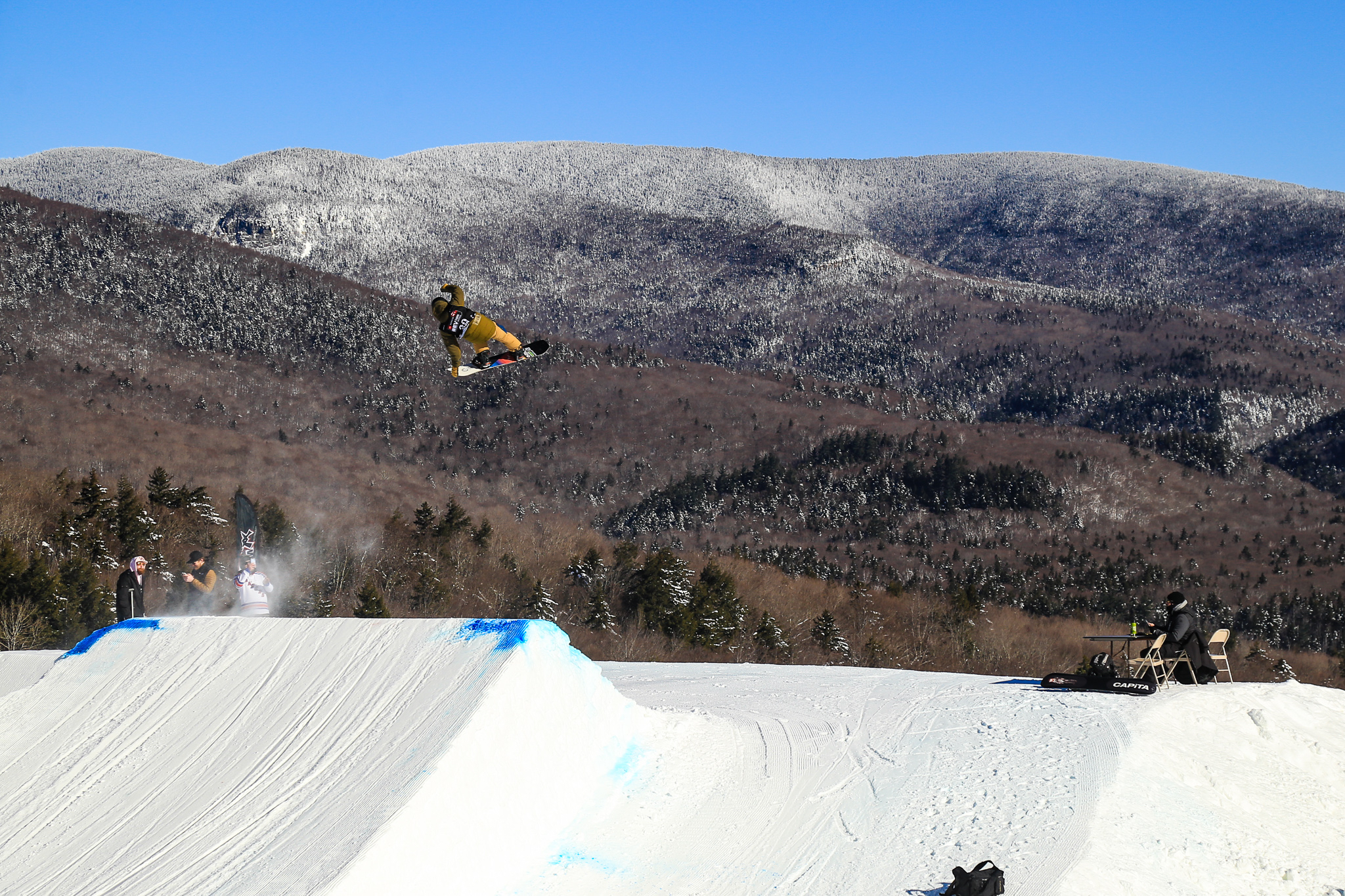Only one week remains before more than 1,400 athletes from around the globe converge on Utah for the 2019 FIS Snowboard, Freestyle and Freeski World Championships, presented by Toyota. Mother Nature has gone above and beyond for her part, blanketing all three event venues—Deer Valley Resort, Park City Mountain and Solitude Mountain Resort—with almost five feet of snow in the last seven days.
“All season, Utah has been blessed with cold weather and consistent snow,” said U.S. Ski & Snowboard Chief of Systems & Operations and 2019 World Championships Organizing Committee Chair Calum Clark. “That snow, combined with the amazing commitment from the resort partners, means that the competition venues are ahead of schedule in their preparations for the events to come at this stage of the countdown to day one!”
Another part of 2019 World Champs preparations that came together this week was the announcement that Grammy award-winning, hip hop superstar Lupe Fiasco will be the headline act at the closing ceremonies, scheduled for Feb. 10 on Park City’s Lower Main Street beginning at 4:00 p.m. Joining Lupe Fiasco are The Main Squeeze, performing at the event’s opening ceremonies at Park City Mountain’s Canyons Village on Feb. 2 at 9:00 p.m., and Joe Hertler and The Rainbow Seekers who will be on stage at Canyons Village Feb. 5, at 5:00 p.m. prior to the snowboard big air final at 7:00 p.m.
HOW TO WATCH
There are two ways to spectators can get in on the excitement of the 2019 World Champs: watching the events from the comfort of home via the NBC television broadcast or online live stream at nbcsports.com (see complete schedule below) or live, in real, time at the venues.
VENUE ACCESS
Solitude kicks off the 2019 World Champs competition schedule with what are likely to be some of the most easily accessible—and perhaps most exciting—events of the entire 10 days: the snowboard and skicross competitions on Feb. 1 to 3. Get there by taking the Utah Transit Authority bus number 972 with regular service from park and ride lots in Salt Lake City at 6400 South and Wasatch as well as at the base of Big Cottonwood Canyon. The fare is $4.50 one way; Solitude season pass holders and Ikon Pass holders can ride the UTA ski bus for free. (Ikon Pass bus access must be activated in advance at a Solitude ticket window.) Parking on site at Solitude is limited and will be available to the public at the Moonbeam base area (Entry 1) only. Shuttles circulate regularly between Moonbeam Lodge and Solitude Village, and the public can also ski there via Moonbeam Express and Link chairlifts. A lift ticket or pass is required to use these chairlifts. There is no public parking at Solitude Village.
Plan on plenty of time to get to and from the Park City venues—Deer Valley and Park City Mountain--particularly if you plan to attend the 2019 World Champs opening ceremonies, featuring the freeski big air finals, a free concert with Main Squeeze and fireworks, at Canyons Village on Saturday, Feb. 2, which also happens to be the last night of Park City’s Sundance Film Festival. Deer Valley Resort’s evening freestyle aerials and moguls events on Feb. 6-9 are also expected to draw high attendance and it is highly recommended that spectators park at Park City High School and take the free bus (yellow route) to Snow Park Lodge.
Following are a few more tips for planning your trip to the Park City venues:
Take the Bus: Park City Transit will offer increased service on the Red, Blue, White, Lime, and Yellow bus routes throughout the 2019 FIS World Champs. Please visit parkcitytransit.org for a route and transit schedule, or download the MyStop app for real-time transit information.
Park & Ride: The new Ecker Hill Park & Ride, accessible via I-80 exit 141/Jeremy Ranch, is an ideal location to park and catch transit to the event venues. Spectators can take advantage of 15-minute transit service (approx.) into Park City via the Lime and Pink routes.
Free Parking: Carpooling is encouraged for those wishing to park in town and at the venues.
Free parking is available at Park City Resort Mountain Base, Park City Resort Canyons Village and Deer Valley Resort from 4:00 p.m. to 2:00 a.m. daily, and at Park City High School, Treasure Mountain Middle School, McPolin Elementary and the Park City Learning Center Parking (all located off Kearns Blvd/SR248) from 4:00 p.m. to 2:00 a.m. daily and all day on the weekends. The Richardson Flat Park & Ride (accessible via U.S. 40) will be available for carpool parking; however no transit service will be provided from this location during the 2019 FIS World Champs. Text PCEVENTS to 888777 for the most up to date transportation information.
If you do go, please bring a reusable water bottle. The 2019 World Champ Organizing Committee has undertaken a zero single-use plastic water bottle initiative for this event and will provide water bottle refilling stations at all three venues. Funds saved from not purchasing bottled water for 2019 World Champs staff and volunteers (all of whom have been supplied with a collapsible water bottle for this event) will be donated to Protect Our Winters, the sports community’s leading climate advocacy group. Other sustainability measures that will be in practice during the 2019 World Champs include the use of notification apps and other electronic communications to eliminate paper and stationing staff near recycling bins at each venue to avoid waste mixing. Also, each of the resort venues engage in rigorous sustainability programs, covering everything from efficient snowmaking practices to using recycled and recyclable products in on-mountain restaurants.
Everyone attending the events will be searched prior to entering the venues. We strongly suggest that you do not bring bags; priority for security screening will be given to those without bags. People with bags should expect long lines and wait times when entering the venue. Keep the following tips in mind when planning your arrival to the venues. Only bring what you absolutely need. Do not bring any of the following items to any venue: knives, weapons, laser pointers, pets, illegal drugs, or drones. Do not bring any of the following prohibited items to the Opening Ceremonies and big air competitions at the Canyons Village: alcoholic beverages, glass containers, knives, weapons, laser pointers, pets, illegal drugs, or drones.
For those interested in catching a 2019 World Champs preview, athlete training will begin in earnest on Monday, Jan. 28 at Solitude, on Feb. 1 at Park City Mountain and on Feb. 3 at Deer Valley. “The resorts will be open before and during the World Championships and the competition venues at each are very accessible to both skiers and those on foot,” Clark said. “We encourage people to check each out the training sessions during their ski day.”
Get the latest on 2019 World Champs competition, road conditions, weather updates and more starting January 28, 2019 by following @2019worldchamps on Twitter or visiting 2019worldchamps.com.
TELEVISION BROADCAST AND LIVE STREAMING
All times EST
Preliminary broadcast schedule, subject to change
Streaming schedule TBA
*Same-day broadcast
**Next-day broadcast
Friday, Feb. 1
1:00 p.m. - Men and women's snowboardcross finals - NBCSN
Saturday, Feb. 2
3:00 p.m. - Men and women’s skicross finals - Olympic Channel
8:30 p.m. - Men and women’s skicross finals - NBCSN*
Sunday, Feb. 3
1:00 a.m. - Men and women’s freeski big air finals - NBCSN**
1:00 p.m. - Team snowboardcross - Olympic Channel
4:00 p.m.- Team snowboardcross - NBCSN*
Monday, Feb. 4
3:00 p.m. - Parallel snowboard giant slalom - Olympic Channel
7:00 p.m. - Parallel snowboard giant slalom - NBCSN*
Tuesday, Feb. 5
3:00 p.m. - Parallel snowboard slalom - NBCSN
9:00 p.m. - Men and women’s snowboard big air - NBCSN
Wednesday, Feb. 6
3:00 p.m. - Men and women’s freeski slopestyle finals - NBCSN
9:00 p.m. - Men and women’s aerials - Olympic Channel
11:30 p.m. - Men and women’s aerials - NBCSN*
Thursday, Feb. 7
9:00 p.m. - Team aerials - NBCSN
Friday, Feb. 8
1:00 p.m. - Men and women’s snowboard halfpipe - NBCSN
9:00 p.m. - Men and women’s moguls - NBCSN
Sunday, Feb. 10
2:00 a.m. - Men and women’s dual moguls - NBCSN**
1:00 p.m. - Men and women’s snowboard slopestyle - Olympic Channel
3:00 p.m. - Men and women’s snowboard slopestyle - NBC*
Monday, Feb. 11
10:30 p.m. - Women’s freeski halfpipe finals - NBCSN**
EVENT SCHEDULE
All times MST (local time)
Friday, Feb. 1
11:00 a.m. - Snowboardcross Final - Solitude Mountain Resort
Saturday, Feb. 2
1:00 p.m. - Skicross Final - Solitude Mountain Resort
7:00 p.m. - Freeski Big Air Final - Canyons Village - Park City Mountain
Sunday, Feb. 3
11:00 a.m. - Mixed Gender Team Snowboardcross Final - Solitude Mountain Resort
Monday, Feb. 4
1:00 p.m. - Snowboard Parallel Giant Slalom Final - Park City Village at Park City Mountain
Tuesday, Feb. 5
1:00 p.m. - Snowboard Parallel Slalom Final - Park City Village at Park City Mountain
7:00 p.m. - Snowboard Big Air Final - Canyons Village - Park City Mountain
Wednesday, Feb. 6
11:00 a.m. - Freeski Slopestyle Final - Park City Village at Park City Mountain
7:00 p.m. - Freestyle Aerials Final - Deer Valley Resort
Thursday, Feb. 7
7:00 p.m. - Freestyle Team Aerials Final - Deer Valley Resort
Friday, Feb. 8
11:00 a.m. - Snowboard Halfpipe Final - Park City Village at Park City Mountain
7:00 p.m. - Freestyle Moguls Final - Deer Valley Resort
Saturday, Feb. 9
11:00 a.m. - Freeski Halfpipe Final - Park City Village at Park City Mountain
7:00 p.m. - Freestyle Dual Moguls Final - Deer Valley Resort
Sunday, Feb. 10
11:00 a.m. - Snowboard Slopestyle Final - Park City Village at Park City Mountain
FOR MORE INFORMATION CONTACT:
Tom Webb
Director of Marketing and Communications, U.S. Ski & Snowboard
+1.435.602.9644
tom.webb@usskiandsnowboard.org
FOR ACCREDITED MEDIA INQUIRIES:
Tom Kelly
Chief of Press
+1.435.602.9799
2019WorldChampsMedia@usskiandsnowboard.org
